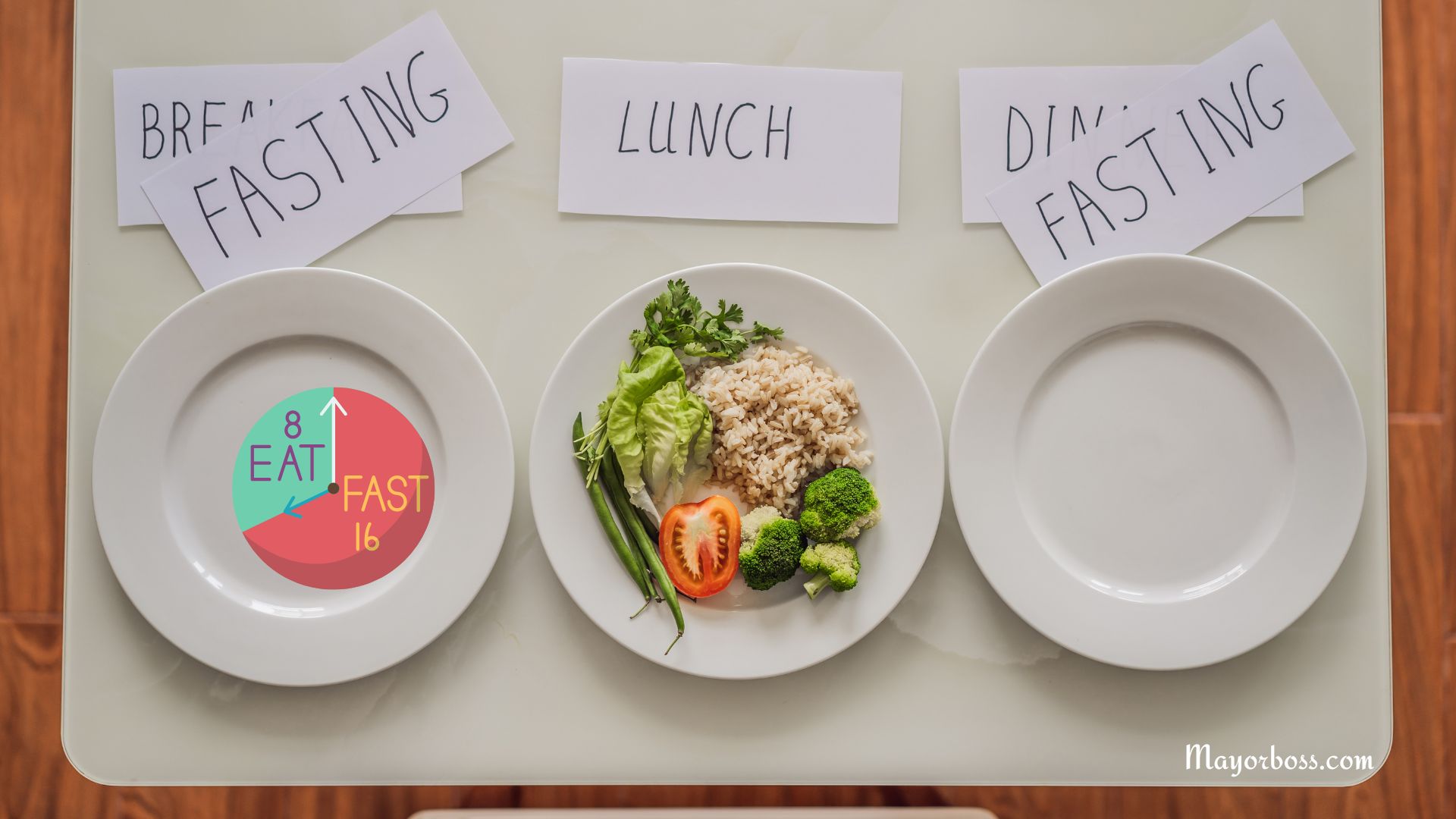Health Benefits of Fasting For Human Body
Fasting is the practice of abstaining from food (and sometimes drinks) for a set period. Many cultures and religions have used fasting for centuries as a spiritual and physical discipline. Today, new research highlights its potential health benefits. Still, fasting may not be right for everyone. If you have a chronic condition or take certain medications, talk to your healthcare provider first. Below, I will discuss several fasting methods, possible benefits, and practical tips.

Types of Fasting
Intermittent Fasting
Intermittent fasting involves alternating between eating and fasting windows. Common patterns include the 16:8 method (fasting for 16 hours, then eating within an 8-hour window) and the 5:2 plan (eating normally for five days, consuming fewer calories for two days). These schedules may help simplify meal planning and can fit most lifestyles with minimal disruption.
Time-Restricted Feeding
Time-restricted feeding is a form of intermittent fasting where you limit food intake to a consistent daily window—often 8 to 10 hours—and then refrain from eating for the rest of the day. This method may support weight management by creating a daily routine that discourages snacking late at night.
Extended Fasts
Extended fasts last longer—24 hours or more—and demand careful planning. They often focus on water, herbal teas, and clear broths. Such prolonged fasts should be approached with medical supervision, especially for beginners or individuals with existing health conditions.
Potential Health Benefits
Weight Management
One noticeable benefit of fasting is support for weight management. Many studies indicate that by limiting your eating window, you reduce calorie intake. This calorie deficit can help you shed extra pounds. Fasting also encourages more mindful eating as you become aware of hunger signals and meal timing. This can reduce overeating and impulse snacking.
Improved Metabolic Health
Studies suggest fasting may benefit metabolic markers, such as blood sugar and insulin levels. When you fast, your body uses stored glucose for energy. Once it runs low, it starts burning fat. This shift can boost insulin sensitivity, which helps regulate blood glucose levels. However, these effects are not universal, and more research is needed to confirm how much fasting can improve long-term metabolic health.
Possible Heart Health Improvements
Some studies suggest that fasting might have positive effects on cardiovascular health. By maintaining healthy blood pressure levels and improving cholesterol profiles, fasting could reduce the likelihood of heart disease. Avoid relying on fasting alone, though. Balanced eating and regular exercise remain key components of any heart-healthy plan.
Support for Cellular Repair
When you fast, your body triggers a process called autophagy, which means “self-eating.” During autophagy, cells break down and clear out damaged components. This can promote cellular renewal. Although promising, autophagy is still being studied, and there is no guarantee fasting will yield the same results for everyone.
Potential for Mental Clarity
Some people report improved concentration and mental clarity when they practice fasting. One theory is that mild ketosis—when the body burns fat for energy—helps fuel the brain efficiently. Staying hydrated and getting enough minerals can make this experience smoother. Still, stress from extended fasting might counteract these benefits if taken to the extreme.
Guidelines for Safe Fasting
Stay Hydrated
Hydration is crucial. Water helps maintain healthy blood pressure, supports kidney function, and prevents fatigue. If plain water feels boring, try unsweetened beverages like tea or infused water. Avoid sugary drinks because they can break your fast and spike your blood sugar.
Plan Balanced Meals
Even if you are eating less often, the quality of those meals still matters. During your eating window, focus on nutrient-dense foods such as lean protein, whole grains, fruits, vegetables, and healthy fats. These choices provide vitamins and minerals to sustain your body during fasting hours. Avoid processed items high in salt or sugar.
Listen to Your Body
Pay attention to signals like extreme hunger, dizziness, headaches, or mood swings. These signs may indicate that fasting is too stressful for your body. If you feel weak or shaky, break your fast with a small meal. Gradually build up to longer fasts if you have no underlying health issues. Always consult a healthcare professional if something seems off.
Potential Risks and Considerations
Fasting is not for everyone. Those who are pregnant, underweight, or have certain medical conditions should avoid it unless advised by a doctor. Prolonged fasting might lead to nutrient deficiencies, dehydration, or disordered eating habits if done improperly. Take a cautious approach and seek guidance as needed.
Final Thoughts
Fasting is more than just skipping meals. For many, it offers weight control, metabolic support, and perhaps greater mental clarity. It might also encourage you to pick healthier foods during eating windows. Still, fasting requires preparation and realistic goals. If you are unsure whether fasting suits you, speak with a qualified healthcare professional. With proper planning, fasting can complement a balanced lifestyle—just keep an eye on your body’s signals and adjust as necessary.
